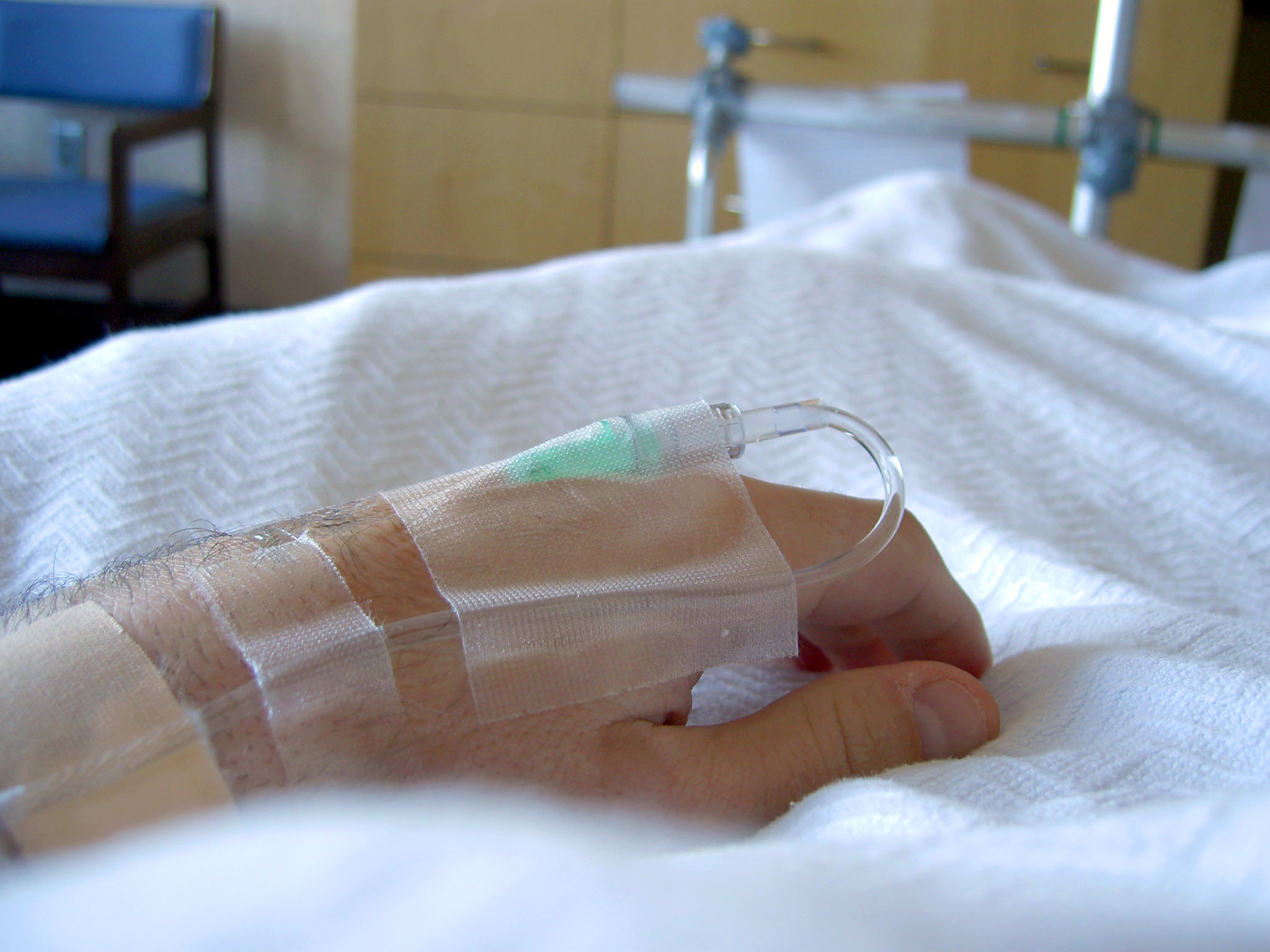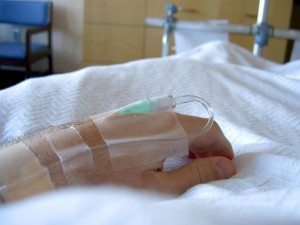Euthanasia should be an option

Why euthanasia should be an available option for patients suffering with no hope of survival

Having been diagnosed with stage four pancreatic cancer, a hypothetical 21-year-old female decides the pain is all too much. After two unsuccessful years of chemotherapy, she has had enough. Enough of drips, enough of counselling, enough of get-well-soon-cards, enough of pain — both mentally and physically — and enough of her life fading to nothing.
There is no more hope. Her life is hanging by a thread, constricted by machines and the laborious challenge of each breath.
Her family is being ripped apart as they watch her existence continue to dissolve. She wants to leave this world as peacefully as she came, but at a time like this, she wants it on her own terms.
The laws of her country stipulate that she must endure all this pain, all this suffering and surgeries, of tubes and injections, of holding on until she — without a doctor’s assistance — passes away.
With these years of unbearable pain, governmental laws stipulate that a life with suffering is better than no life at all.
An article published in The Economist on June 27 entitled, “Doctor-assisted dying: The Right to Die”, said “doctors should be allowed to help the suffering and terminally ill to die when they choose.”
Although it emphasizes the positions that many people hold about euthanasia today, it is limiting in its discussion in regards to the level of opposition that the issue of euthanasia has come to face.
Thanks to my political science professor here at Wilfrid Laurier University, euthanasia began its hopscotch in my mind and I was compelled to write about it in more ways than one.
It’s a topic many people shun; it’s an issue that pops up from time to time and gets swept under the carpet because it is thought of as being “unethical,” “immoral” and — the big one — “against God’s wishes.”
In my opinion, these are not enough grounds to ban or prevent voluntary euthanasia. As a matter of fact, if you carefully examine the rights of an individual in a democratic society, it would become apparent that an individual has or should have, the right to choose doctor-assistance death.
Luckily, the notion is becoming more prominent. Hopefully this stays until people across the world welcome the possibilities of a remedy to the terminal illnesses that continue to plague lives across the world.
Of course euthanasia is not the only recourse to these situations. That would be horrific.
But, like the Netherlands, Estonia and other eastern countries, there should be at least a few legal considerations that regulate euthanasia to the terminally ill who want nothing more than to end their pain and suffering.
In another article written by David Swanton, titled “The right to die with dignity: Euthanasia Background,” Swanton describes Voluntary Euthanasia as the practice of ending life in a painless manner. “Voluntary euthanasia” he said, “means that a person who is terminally ill; who feels that their life is not worth living because of intractable pain, and or loss of dignity and/or loss of capability; who repeatedly and actively asks for help in dying; who makes their decision freely, voluntarily and after due consideration (and is not suffering from treatable depression) should have the option of requesting assistance in dying.”
To deny individuals in such conditions is an unfortunate infringement of justice — particularly in a proclaimed democratic society.
Fellow writers describe it as “a mere cruelty” or “a deprivation of rights” and I would agree.
There must be some higher degree of pain, so unbearably tormenting that after all hope of recovery is lost, after all possibilities of making a come-back vanish, an option to end the agonizing misery is justified.
We can never attest to the pain a patient feels, that their loved one feels. We must not let them continue to suffer.
Euthanasia is not the only answer. But it is a choice worth having.


